In his 65th Independence Day broadcast, President Bola Ahmed Tinubu highlighted several reforms and investments aimed at strengthening Nigeria’s education sector and supporting young people.
Here are the key education takeaways from our reporter, Folaranmi Ajayi, who monitored the live broadcast:
1. Expansion of Schools and Universities
The President reflected on Nigeria’s journey since independence, noting the remarkable growth in the education system—from just 120 secondary schools in 1960 to more than 23,000 today, and from two tertiary institutions to over 690 nationwide.
2. Student Loan Scheme (NELFUND)
Over 510,000 students have already benefitted from nearly ₦100 billion in loans through the Nigeria Education Loan Fund (NELFUND), designed to make higher education more accessible.
3. Youth Empowerment Programmes
Credicorp: ₦30 billion in loans has been disbursed for vehicles, housing, solar energy, and learning devices.
YouthCred: National Youth Service Corps (NYSC) members can now access consumer credit to ease financial pressures during service year.
iDICE: A multi-billion naira initiative to promote innovation in Nigeria’s digital and creative industries, offering opportunities for young entrepreneurs and graduates.
4. Economic Reforms Freeing Funds for Education
Tinubu defended the removal of fuel subsidies and currency reforms, arguing that savings are being redirected to sectors including education, healthcare, and infrastructure.
5. Vision for the Future
The President described young Nigerians as the nation’s “greatest asset” and pledged to continue investing in their learning, skills, and innovation capacity.
For students and young professionals, Tinubu’s message underscored one theme: education remains central to his government’s reforms and vision of a self-reliant Nigeria.


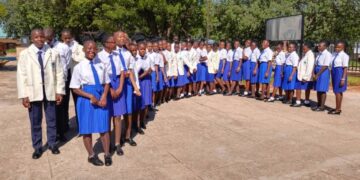


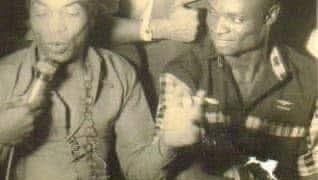
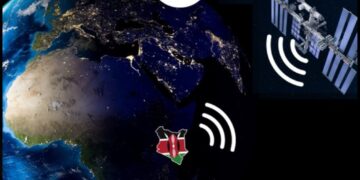





























































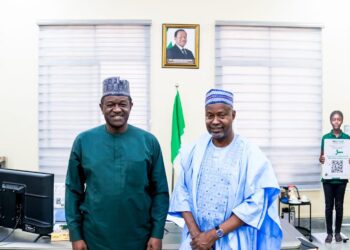
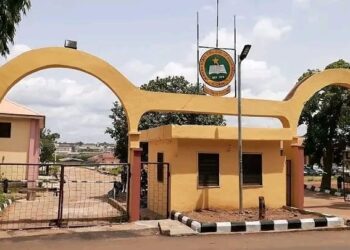
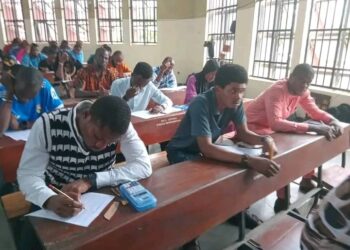
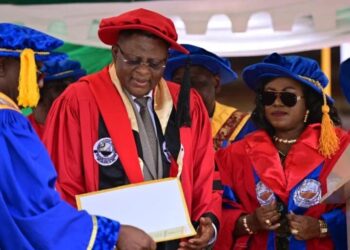
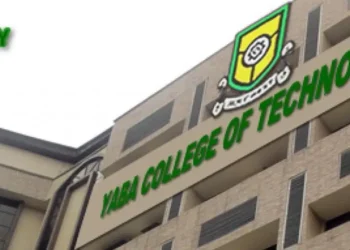
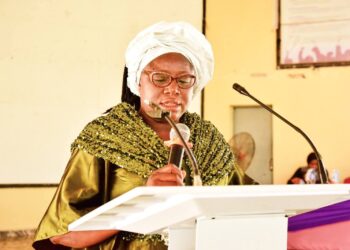










 EduTimes Africa, a product of Education Times Africa, is a magazine publication that aims to lend its support to close the yawning gap in Africa's educational development.
EduTimes Africa, a product of Education Times Africa, is a magazine publication that aims to lend its support to close the yawning gap in Africa's educational development.